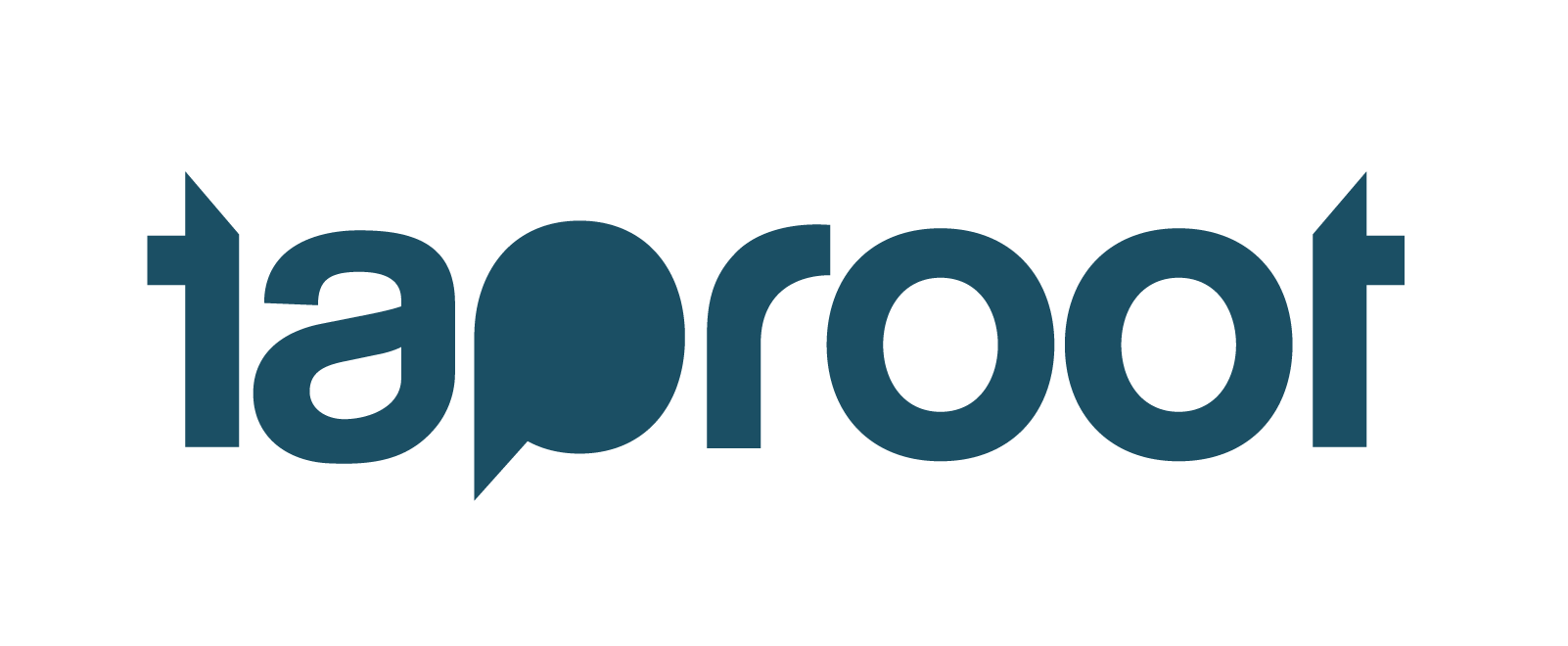Developing a Diverse Pipeline of Nonprofit Leaders With Pro Bono
By Elizabeth Schwan-Rosenwald, Taproot Foundation

Read the full article on TaprootFoundation.org
Bridgespan has estimated that by 2023 nonprofit leadership will have turned over 100%. The turnover is not due to a mass retirement of Baby Boomers as initially projected. Instead, it is driven by a combination of factors including staff movement to another nonprofit, termination, and a decision to switch sectors. This flood of talent must stop, especially since 40% of external executive hires fail in the first 18 months. In addition, the sector reports an astounding 87% of nonprofit Executive Directors, Presidents, and Chief Executive Officers who identify as white. Funding for talent development has consistently decreased in the last 10 years, and only 27% of social justice organizations—led by people of color—have the funds necessary to provide any professional development for their staff. The cost will continue to grow, simultaneously damaging the populations nonprofits aim to help and the sector overall. In this article, we will explore four ways to incorporate talent development strategies for nonprofit leaders into infrastructure building pro bono projects.
The bandwidth challenge
The bandwidth for traditional nonprofit talent development is simply not there for many small community organizations run by executives of color. New strategies that are additive for both leaders and their organizations, and offer on-the-job learnings, must be created as the opportunity to step away and reflect on individual growth is an unlikely luxury for many. There are families to feed, homes to find, job placements to match, health exams to complete, children to nurture, and communities to build. The list is endless. By not acknowledging that the nonprofit sector’s talent development strategies ensure the continued lack of diversity in leadership, we are starving the sector. We are limiting the potential of new leadership and new visions and their impact.
Pro bono as part of the talent development toolkit
Talent development in the nonprofit sector should not stick to an old script happening only outside the traditional workday, particularly given that 70% of adults learn new information best through stretch opportunities incorporated into their existing jobs. Skilled volunteering projects are a critical resource in the creation of a new toolkit for nonprofit talent development. Already, nonprofits identify a need for more pro bono supports. Sixty-eight percent of organizations state that they do not have enough financial resources to accomplish their organizational objectives. Talent development woven throughout every pro bono project gives nonprofit leaders a double win: strengthened infrastructure and enhanced skill sets. The idea of incorporating talent development into pro bono projects is not using HR professionals for coaching or to provide recommendations on talent strategies. There is value in those services but they fall back on the idea that leadership development is an add-on. There exists the opportunity to organically develop leaders in every stage of a pro bono project.
Find four strategies for leveraging pro bono as a talent development tool here.

